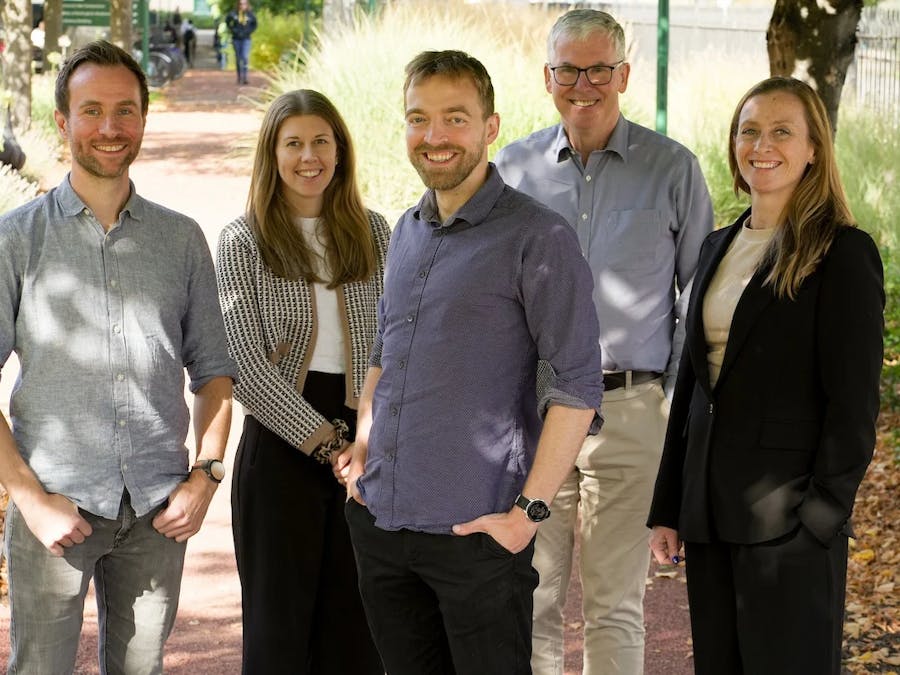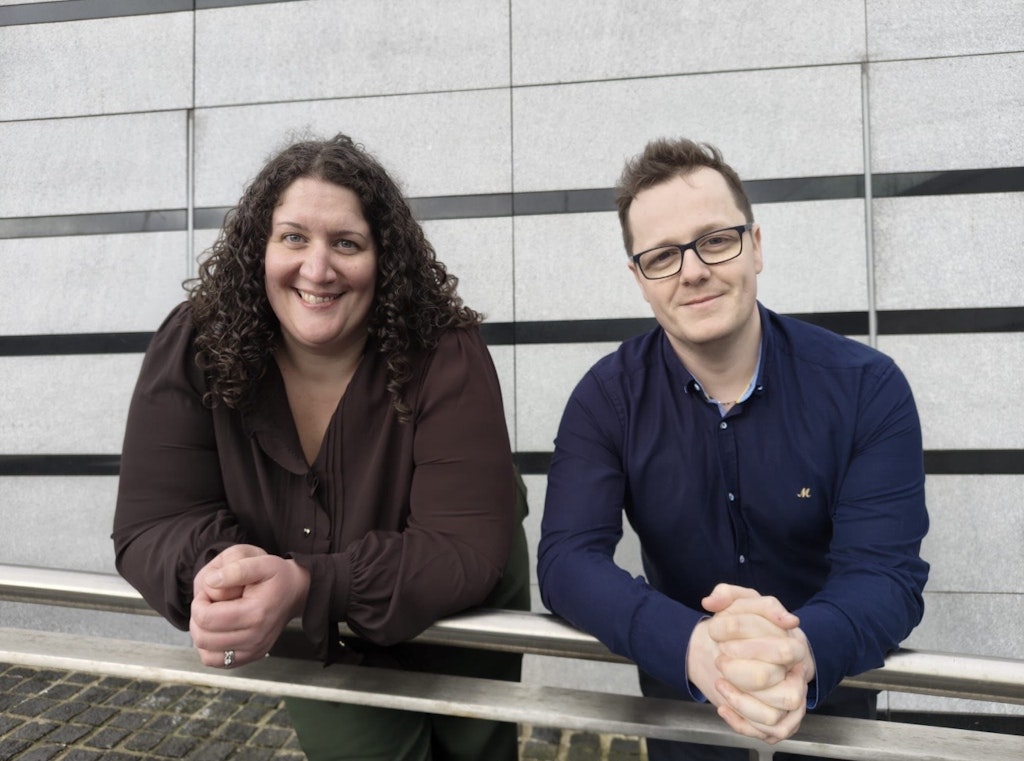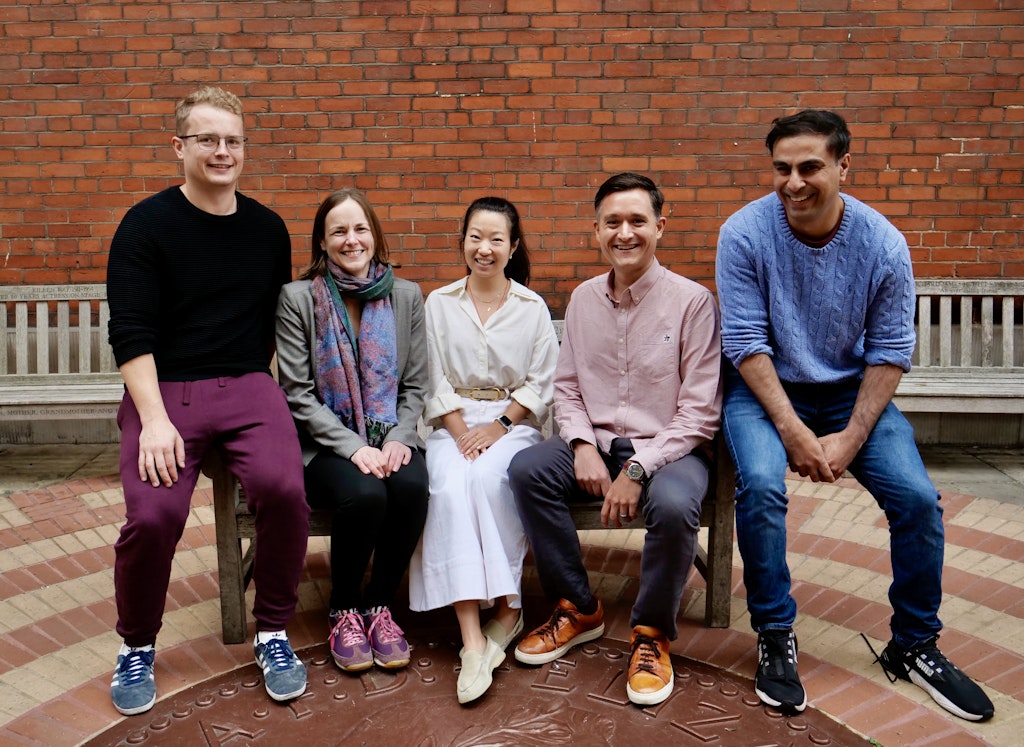A University of Nottingham spinout that has developed a novel gene-editing tool has raised £2m from the Midlands Engine Investment Fund II, through its appointed fund manager, Mercia Ventures.
The investment will enable Forge Genetics to expand its commercial work developing bacteria strains for pharmaceutical and biotechnology companies, and adapt its tool for use with human and animal cells.
Forge's technology offers some key advantages over CRISPR, a widely-used tool that enables scientists to modify genes by inserting or removing sections of DNA. Because it is more precisely targeted, it enables more bacterial cells to survive the editing process, and can be used with a much wider range of bacterial strains.
It may also provide a safer way to modify human cells. Unlike CRISPR, it can detect unwanted DNA mutations resulting from the editing process and filter out the damaged cells.
Forge Genetics was founded by Professor Nigel Minton, Dr Chris Humphreys and Dr Craig Woods from the University of Nottingham, who were later joined by Dr Lisa Thomas. It currently uses the tool to carry out contract research and since its launch less than two years ago, has secured over £2.2m worth of business. The company, which is based at the university, plans to double its 10-strong team within the next two years.
Launched over a decade ago, CRISPR has been widely used in research. The first application, for the treatment of sickle cell disease, was approved in 2023 but it can cost £1.65m or more per patient.
The Forge editing tool was designed to overcome the challenges in editing more exotic strains of bacteria and opens up potential for new drugs and other products. The funding will enable us to expand our business more quickly and adapt it for human cells. By offering an alternative to existing gene-editing tools, we also hope to boost uptake of this exciting new technology.
The Forge Genetics team have a strong technical reputation and we have been impressed by the rapid commercialisation they have already achieved. While there is a lot of potential to scale their existing business, there is also an exciting opportunity to expand into other areas and, in particular, to create a new and safer option for editing human genes.
It's inspiring to see the Midlands Engine Investment Fund II empowering pioneering businesses like Forge Genetics, who are breaking new ground in their sector. The fund was established to support exactly this kind of innovation, and we're proud to play a role in their journey of growth and impact.







